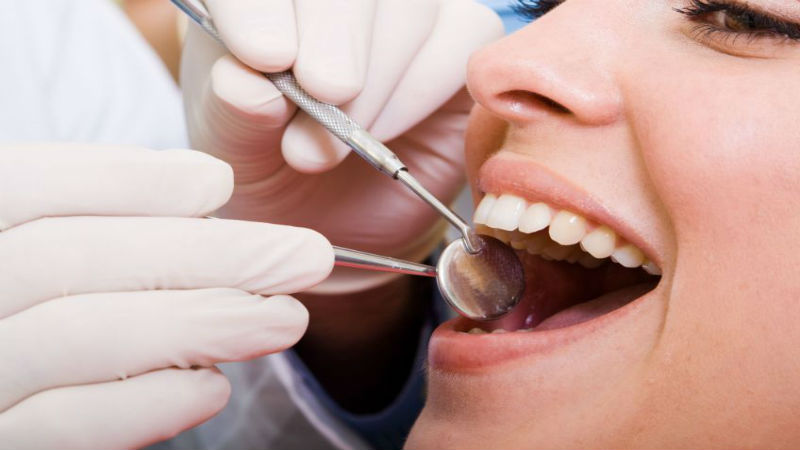Headaches are a common complaint, and most people have them infrequently enough to treat them with a few tablets of pain reliever. Headaches, however, if more frequent and/or severe can be symptomatic of a larger problem. One of these conditions, particularly if neck, jaw or ear area pain are also present, is TMJ, or temporo mandibular joint disorder. It is important to know the symptoms of TMJ so that it may be quickly and properly treated before it becomes more severe. TMJ is most often treated by a dentist.
The symptoms of TMJ can sometimes be mistaken for other problems. This is because it can be secondary to other conditions, such as migraine. The jaw often clenches reflexively due to the pain of a migraine headache, and in this way the TMJ can be a secondary cause of headaches. Other symptoms include pain or tenderness in the jaw, the area just in front of the ear, the neck or the temples. A grinding or clicking when the jaw moves is also a sign that something could be wrong, especially if it happens with increasing frequency or pain. Any stiffness or pain when chewing or yawning is also something that needs to be checked out as soon as possible. The sooner the problem is diagnosed and treated, the less likely there will be damage to joints, bones or teeth.
Treatment for TMJ is a bit more complicated than for some other conditions. Much depends on the cause and symptoms, which vary widely from person to person. If the cause is a previous injury to the jaw, for example, a course of physical therapy may be appropriate to re-align and strengthen the muscles and joints. If grinding teeth at night are the cause, a bite guard and stress reduction therapies may be more appropriate as initial treatment choices.
It is most important to remember that this condition should be treated in a timely manner by a health care professional. Many family dentists are trained and proficient in TMJ Treatment. Anyone concerned that TMJ may be the cause of their facial or mouth pain or recurring headaches should check with their dental professionals to see if they treat this condition. It is also helpful to inquire if the dentist has a track record of successfully treating TMJ without the need for surgery, which should always be a last resort.



